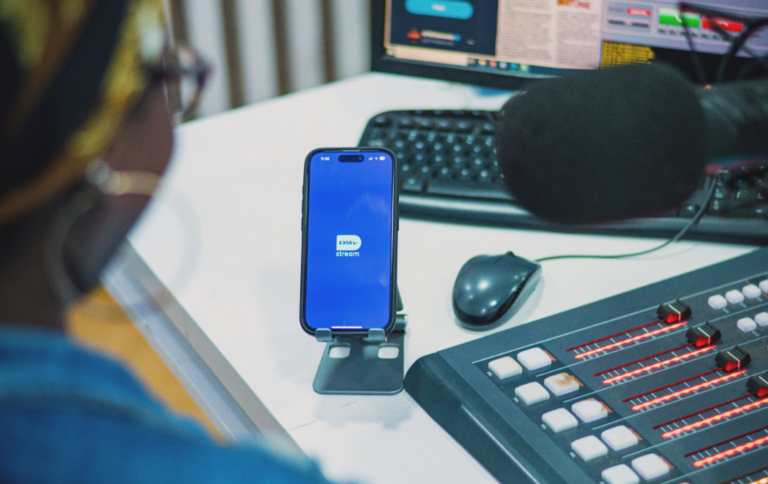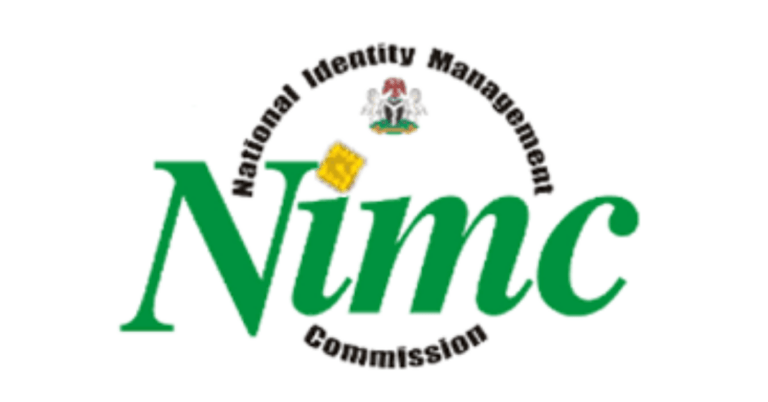How to Access the NIN Portal

The NIN portal is a crucial component of Nigeria’s National Identity Management Commission (NIMC), facilitating the registration and management of citizens’ identity data.
What is the NIN Portal?
The NIN portal allows users to access services related to the National Identification Number (NIN), including registration, verification, and updates. This online platform enhances accessibility for citizens, enabling them to manage their identity information efficiently.
Read: What is National Identity Management Commission – NIMC all about?
Features of the NIN Portal
The NIN portal offers several essential features designed to enhance identity management for Nigerians. Here are the key functionalities:
Online Requisition Portal
The NIN portal includes an online requisition feature that allows users to request their National ID cards from anywhere, whether locally or internationally. This self-service capability simplifies the application process, enabling users to select their preferred card type, bank, and pickup location.
Card Management Features
Users can manage their National ID cards through the NIN portal, including functionalities for card requests, reissuance, deactivation, and status inquiries. This ensures that citizens can keep their identity information current and accessible.
Verification Services
The NIN portal incorporates verification services that allow users to confirm their identity using their National Identification Number (NIN). This feature supports secure identity verification across various platforms, enhancing trust in transactions and interactions with government services.
Privacy and Security Options
The NIN portal prioritizes user privacy with features that allow individuals to hide or reveal their NIN on virtual ID cards. This ensures that users can control their personal information visibility, maintaining confidentiality while accessing services.
Biometric Authentication
To enhance security, the NIN portal utilizes biometric authentication methods, such as fingerprint recognition and facial verification. This technology ensures that only authorized users can access their identity information, reducing the risk of identity theft.
Offline Capabilities
Recognizing the challenges of internet connectivity in some regions, the NIN portal supports offline capabilities. This allows users to perform essential functions without needing a constant internet connection, ensuring broader accessibility.
Integration with Financial Services
The NIN portal facilitates integration with financial services, enabling users to link their identity information with bank accounts. This feature promotes financial inclusion, allowing unbanked individuals to access banking services through their National ID cards.
Notifications and Updates
Users receive notifications through the NIN portal regarding their card status, pickup locations, and other important updates. This feature keeps citizens informed about their identity management processes, enhancing user experience and engagement.
Multi-Agency Collaboration
The NIN portal collaborates with various government agencies to streamline services. This integration allows for efficient data sharing and service delivery, improving the overall effectiveness of Nigeria’s identity management system.
Importance of the NIN Portal
The NIN portal is crucial for managing identity data in Nigeria, offering several key benefits:
- It allows citizens to easily access NIN-related services like registration, verification, and updates. This enhances accessibility and streamlines identity management processes.
- The portal enables users to initiate card requests, check application statuses, and update personal details. This self-service capability simplifies identity management for Nigerians.
- It provides a secure platform for citizens to access their NIN slips and other important identity documents. This ensures they can retrieve necessary information when needed.
- The NIN portal integrates with the National Identity Database, allowing users to tie together their demographic data, biometrics, and digital signature. This makes it easier to confirm identity for transactions and services.
- It supports verification services that allow NIN holders to confirm their identity across various platforms. This promotes secure identity verification and reduces fraud.
- The portal’s privacy features enable users to control their NIN visibility, maintaining confidentiality while accessing services. This protects sensitive identity information.
- By facilitating integration with financial services, the NIN portal enables unbanked individuals to access banking through their National ID cards. This supports financial inclusion.
How to Access the NIN Portal
To access the NIN portal, follow these steps:
1. Visit the Official Website: Go to the National Identity Management Commission (NIMC) website at [nimc.gov.ng](https://nimc.gov.ng).
2. Create an Account: If you don’t have an account, you may need to register by providing your National Identification Number (NIN) and other required personal information.
3. Login: Use your credentials (UserID and password) to log in. If you’re using the NIMC Mobile ID app, you can generate a One-Time Password (OTP) for additional security.
4. Access Services: Once logged in, you can request your National ID card, check application statuses, and update personal details.
5. Mobile Access: You can also access the NIN portal via the NIMC Mobile ID app, available for download from the official site or app stores, allowing for easier management of your NIN and related services.
Security Measures on the NIN Portal
The NIN portal employs several robust security measures to protect users’ personal information and ensure data privacy. Key security features include:
- NIN Tokenization: This process uses encrypted representations of the National Identification Number (NIN) instead of the actual number during transactions, minimizing exposure of sensitive data. Users can display tokens like QR codes or a Virtual NIN to authorized vendors for verification without revealing their actual NIN.
- Mandatory Security Vetting: All licensed verification agents and Front End Partners (FEPs) undergo rigorous security vetting to ensure compliance with global identity management standards. This measure aims to prevent unauthorized access to the NIN database.
- Privacy Features: The NIN portal allows users to hide or reveal their NIN on virtual ID cards, enhancing privacy control. By default, the NIN is masked, ensuring that it is not easily accessible.
- Compliance with Standards: The NIMC adheres to ISO 27001:2013 standards for information security management, demonstrating its commitment to safeguarding the National Identity Database from cyber threats.
- Audit Mechanisms: The NIMC implements audit trails for sensitive transactions, ensuring that any unauthorized access or modifications are recorded and can be investigated.
- Training and Awareness: Regular security training is provided to employees and vendors to reinforce the importance of protecting personally identifiable information (PII) and the legal consequences of unauthorized access.
Challenges of the NIN Portal
The NIN portal faces several challenges that hinder its effectiveness and accessibility for users. Key challenges include:
- Infrastructure Constraints: Limited technological infrastructure affects the efficiency of NIN enrollment and verification processes, leading to delays and frustrations for users.
- Logistical Issues: The enrollment process is often cumbersome, with long wait times and inadequate facilities at registration centers, making it difficult for many Nigerians to obtain their NINs.
- Public Dissatisfaction: Many citizens express dissatisfaction with the strenuous enrollment process, which is compounded by the mandatory requirement to link their NIN to bank accounts and other services.
- Data Integration Challenges: There are difficulties in harmonizing and integrating various identity databases, which can lead to inconsistencies and duplication of records.
- Security Concerns: Despite measures in place, the potential for identity-related fraud and data breaches remains a significant concern, impacting user trust in the system.
- Awareness and Education: A lack of public awareness about the NIN portal’s features and benefits can limit its usage and effectiveness.
Conclusion
The NIN portal is essential for Nigeria’s identity management framework, providing citizens with a streamlined way to access and manage their NIN-related services. As NIMC continues to improve the portal, it will likely become an even more valuable resource for Nigerians.






